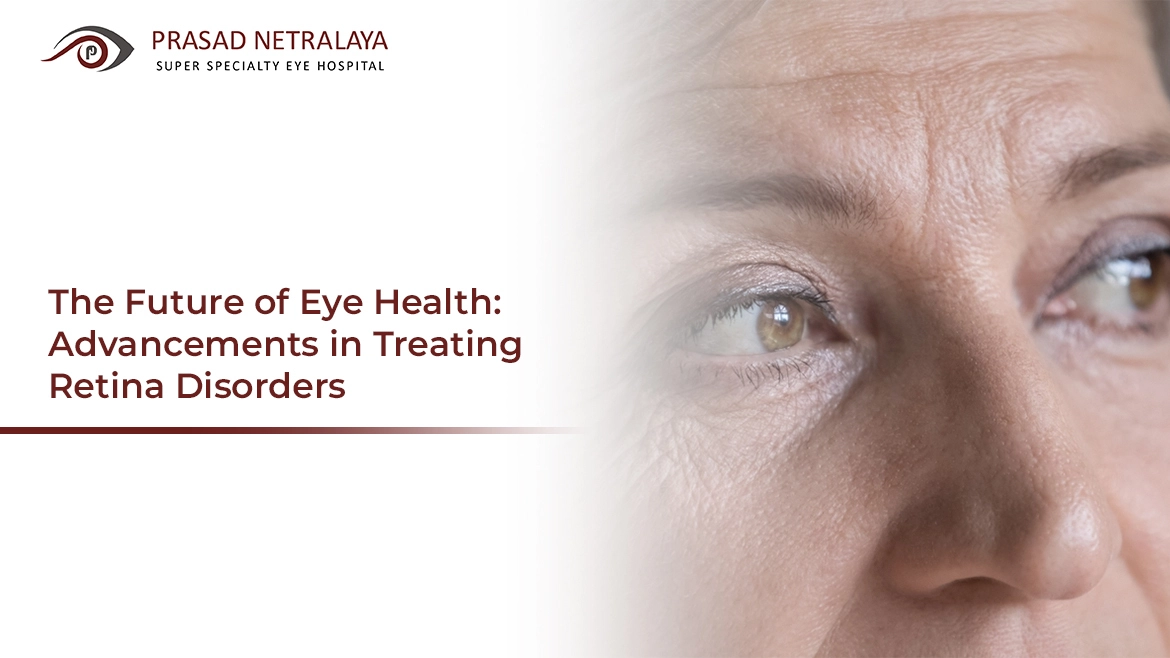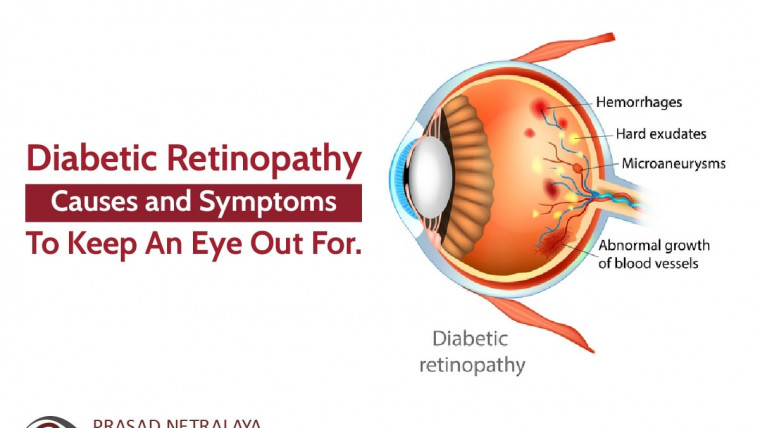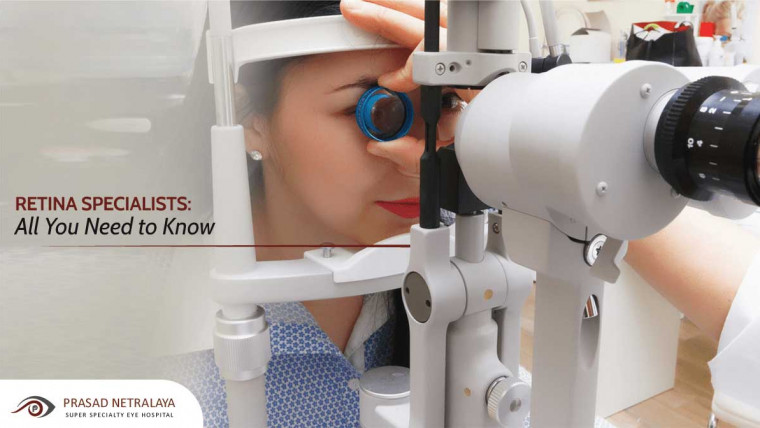Do you ever wonder what would happen if you lost your vision? It’s a scary thought, but unfortunately, it’s a reality for many people with retina disorders.
The retina is a vital part of the eye that lets us see the world around us. When damaged or diseased, it can lead to partial or complete vision loss.
Thanks to advancements in technology and medical breakthroughs, there are treatments available for many retina disorders.
In this blog, we’ll talk about the common retina disorders, symptoms to look out for, risk factors, and treatment options available.
Table of Contents
Common Retina Disorders
Here are some of the most common retina disorders.
1. Age-related Macular Degeneration (AMD)
AMD is a leading cause of vision loss in people over 50, affecting the macula, the central part of the retina. It causes progressive damage to the macula, resulting in blurred or distorted vision and, in severe cases, loss of central vision.
2. Diabetic Retinopathy
This condition occurs when high blood sugar levels damage the blood vessels in the retina, leading to swelling, leakage, and, eventually, abnormal blood vessel growth. Diabetic retinopathy can cause vision loss or blindness if left untreated.
3. Retinal Detachment
Retinal detachment occurs when the retina pulls away from the back of the eye, disrupting blood flow and nutrient supply to the retina. This can cause sudden vision loss, floaters, and flashes of light.
If left untreated, retinal detachment can lead to permanent vision loss.
4. Macular Hole
The macula, located in the centre of your retina, is responsible for processing your direct line of sight.
A macular hole is a small, circular opening in the macula that causes blurred central vision, making it difficult to do everyday tasks. Early symptoms include distorted or blurry vision and objects that appear bent or wavy.
Symptoms of Retina Disorders
Different retina disorders come with their own symptoms, but they all have some common symptoms. These include:
- Blurred or distorted vision
- Floaters
- Flashes of light
- Loss of peripheral
- Sudden vision loss
- Difficulty seeing in low-light conditions
- Colour vision changes
- Eye pain or discomfort
Risk Factors of Retina Disorders
Retina disorders can be influenced by several risk factors, including the following:
- Ageing: As we get older, we run a higher risk of getting retinal conditions like cataracts, diabetic retinopathy, glaucoma, and age-related macular degeneration.
- Smoking: Smoking is a significant risk factor for several eye diseases, including age-related macular degeneration, cataracts, and uveitis.
- Obesity: Obesity is associated with a higher risk of eye conditions such as diabetic retinopathy, age-related maculopathy, glaucoma, and age-related cataracts.
- Having diabetes: Diabetes can enhance the risk of retinal diseases such as diabetic retinopathy, which can lead to vision loss.
- Family history: Conditions like macular degeneration are more likely to develop in people with a family history of inherited retinal diseases.
Treatment of Retina Disorders
Retina disorders can be treated using a variety of methods, depending on the type and severity of the condition. Here are some common treatment options for specific retina disorders.
1. Anti-VEGF Injections
This is a type of medication that is injected into the affected eye to slow or stop the growth of abnormal blood vessels in the retina. It is often used to treat age-related macular degeneration and diabetic retinopathy.
2. Photodynamic Therapy
Photodynamic therapy involves using medications that are activated by lasers to destroy abnormal blood vessels in the retina. It is often used to treat wet age-related macular degeneration.
3. Treatment for Retinal Tears and Detachment
Retinal tears and detachment often require surgical repair. Procedures may include pneumatic retinopexy, scleral buckling, or vitrectomy.
4. Treatment for Retinoblastoma
Retinoblastoma is a rare type of eye cancer that occurs in the retina. There are several treatments available for retinoblastoma, including surgery, radiation therapy, laser therapy, cryotherapy, and chemotherapy.
5. Treatment for Diabetic Retinopathy
There are several treatment options available for diabetic retinopathy, including injections of anti-VEGF drugs or corticosteroids, laser treatment to reduce swelling and stop leakage of blood vessels, and eye surgery such as a vitrectomy to address excessive bleeding or scarring in the retina.
Expert Care For Your Retina Disorders at Prasad Netralaya
If you have symptoms of retina disorders or any of the mentioned risk factors, seek medical attention promptly to prevent further vision loss.
At Prasad Netralaya, our team of experienced ophthalmologists and retina specialists can provide comprehensive care and treatment for various retina disorders.
Don’t wait until it’s too late — book an appointment with Prasad Netralaya today to ensure the best possible outcomes for your eye health.



